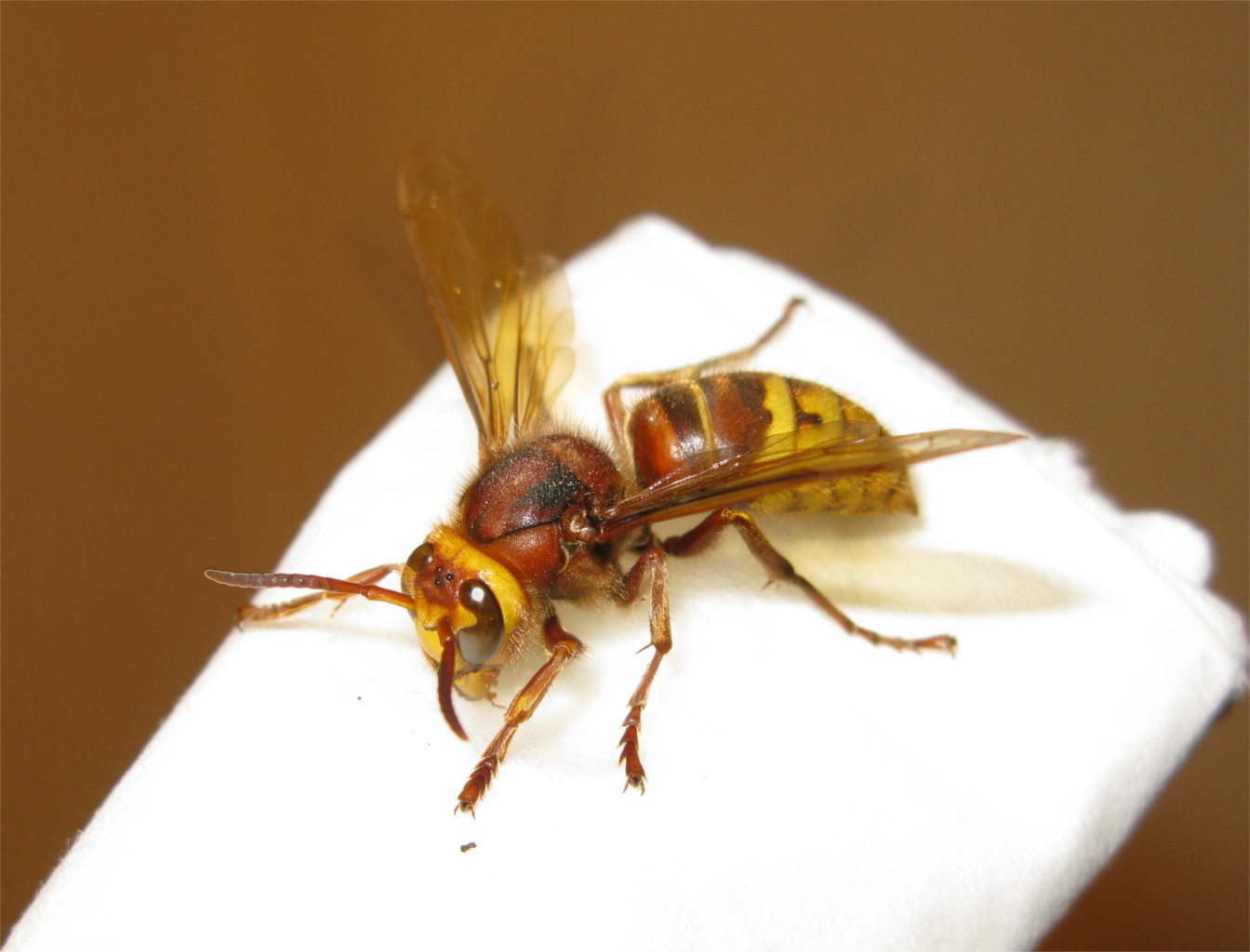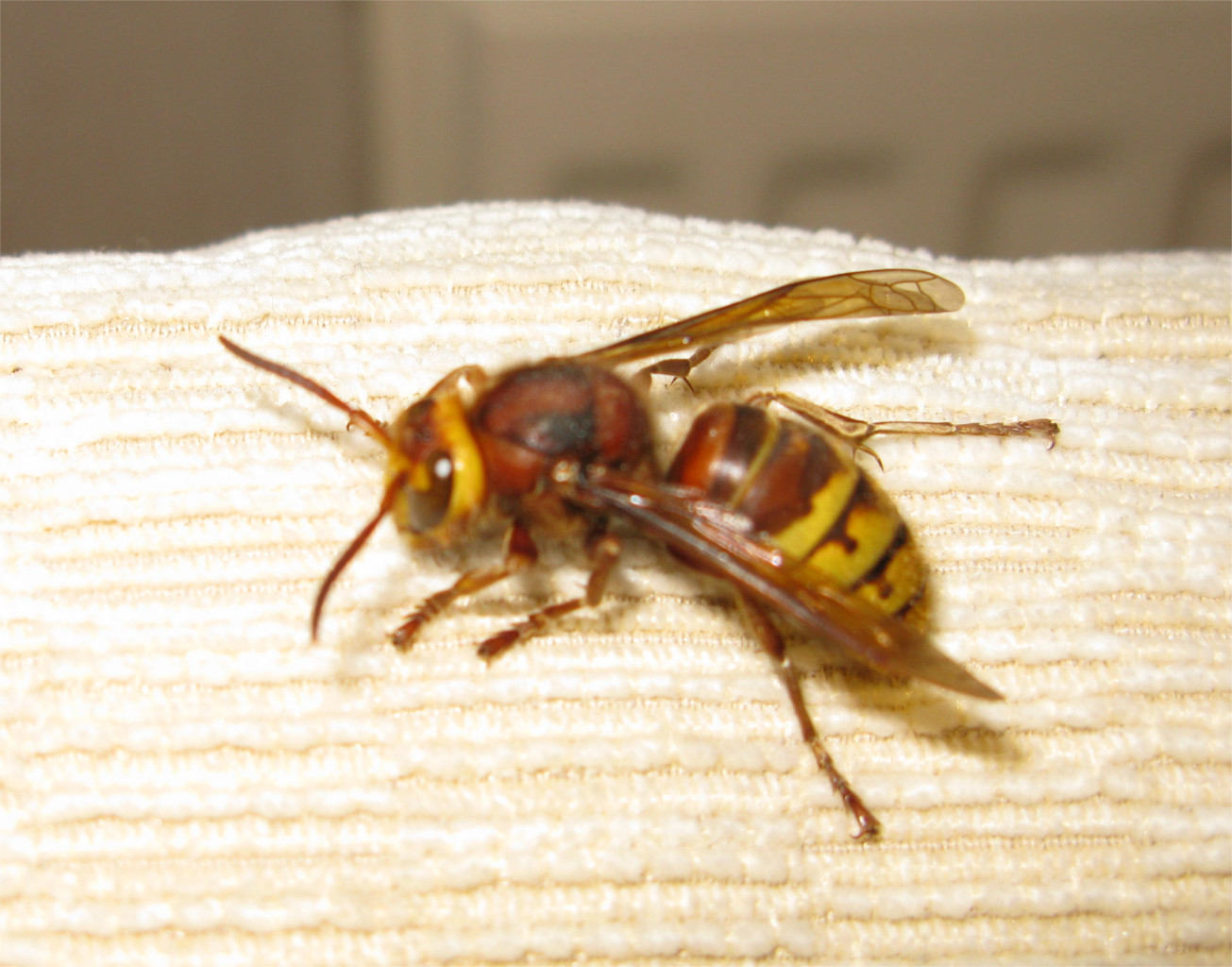- Joined
- May 5, 2013
- Messages
- 986
- Reaction score
- 0
- Location
- North London
- Hive Type
- National
- Number of Hives
- 30+
Strange, they spend a lot of time killing my bees, dissecting them, and taking the thorax back to feed their larvae, wonder why the hornets don't do the same with your bees.
I'm sure a few of them do... but not in the numbers that cause colonies any problems, wasps on the other hand have been surrounding hives in their 100s and almost decimated one weaker colony until I put them in a nuc with tiny entrance. Maybe down your way there are larger populations of hornets? Bearing in mind at the age off 33, I had never seen a hornet until 2 years ago.





